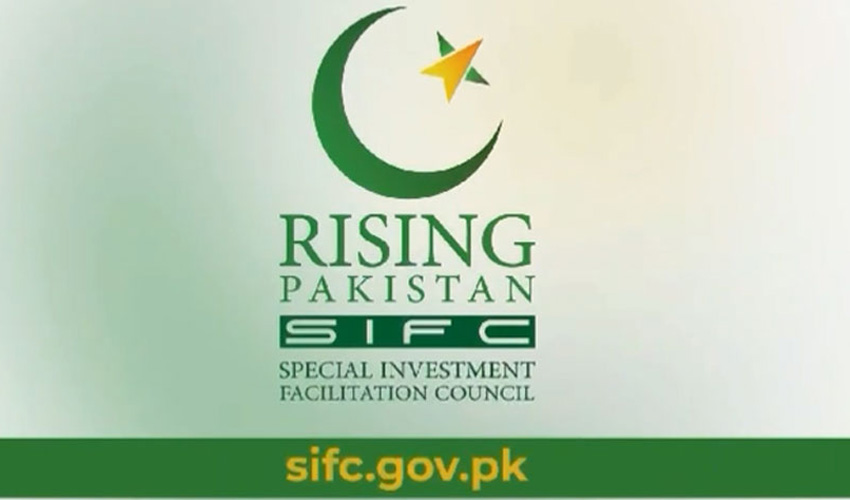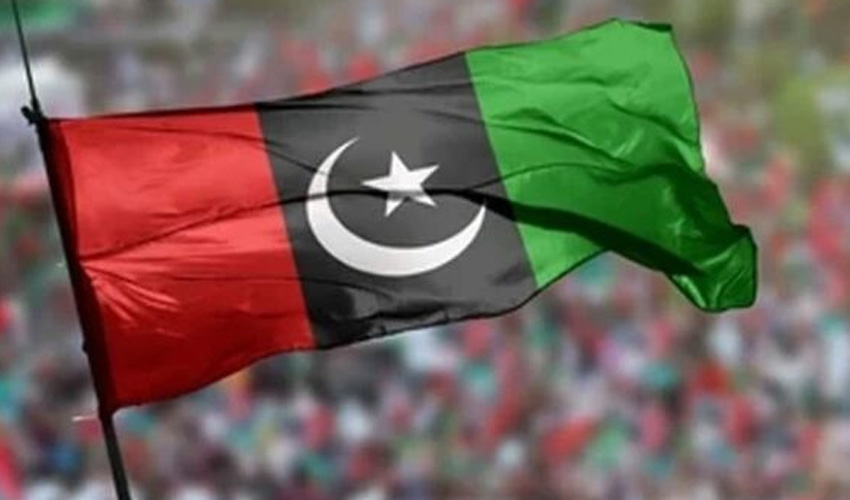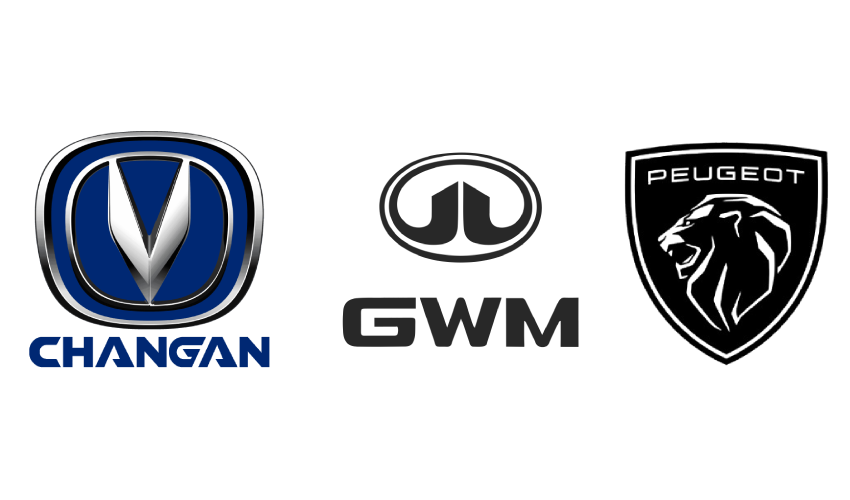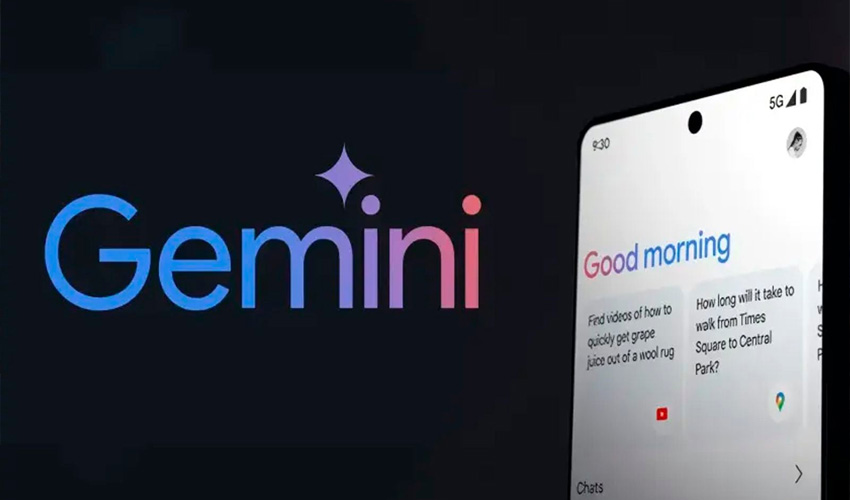Foreign direct investment (FDI) in Pakistan has increased by 41% to reach $1.6 billion, according to recent data highlighting the Special Investment Facilitation Council's (SIFC) strategic initiatives for economic stability.
The SIFC's "single window" model has significantly improved project-based investment and interministerial coordination, creating an environment conducive to foreign investment despite regional economic challenges.
During the first eight months of the current fiscal year, the SIFC has facilitated acquisition deals valued at $148 million through strategic mergers involving major international companies. These investments have primarily targeted priority sectors including defense, information technology, energy, and agriculture.
Saudi company Aramco Asia has acquired a 40% stake in GO Petroleum, while Egyptian company MNT-Halan has successfully acquired Advans Pakistan Microfinance Bank. These developments represent significant injections of foreign capital into Pakistan's financial and energy sectors.
Additional investment highlights include Eurochem SPA taking a 50% partnership in Fatima Eurochem Rice Mills, strengthening the agricultural sector. The petroleum retail market has seen substantial foreign interest with Total Parco and Shell Pakistan transactions, with foreign entities acquiring 50% and over 77% shares respectively, enhancing Gulf investment ties with Pakistan.
In the technology sector, Bazaar Technologies secured $100 million in funding, demonstrating growing international investor confidence in Pakistan's startup ecosystem. The fintech sector continues to attract significant attention from global venture capital firms.
Infrastructure development has also received a boost through the joint project between National Logistics Corporation and DP World, addressing critical logistics bottlenecks that have historically hindered economic growth.
The Pakistan Mineral Investment Forum 2025,



























